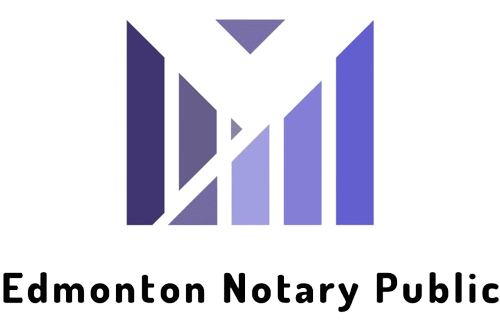Estate Planning: Why It’s Essential for Your Future
Estate planning is a vital process that ensures your assets are managed and distributed according to your wishes. Without a proper plan in place, your estate could face legal complications, unnecessary taxes, and potential disputes among heirs. In this guide, we’ll explore the importance of estate planning, the key components involved, and steps to get started.

Estate Planning: Key Components You Should Know
A comprehensive estate plan includes several essential components to protect your assets and provide clear instructions for your loved ones. Here are the main elements to consider:
1. Will and Testament
A will is the foundation of any estate plan. It specifies how your assets should be distributed, names guardians for minor children, and appoints an executor to carry out your wishes. Without a will, your estate may be subject to probate laws, which could lead to unintended distributions.
2. Trusts
Trusts allow you to manage and distribute assets efficiently, often bypassing probate. They offer more control over how and when beneficiaries receive their inheritance and can provide tax benefits.
3. Power of Attorney
This legal document grants someone the authority to manage your financial and legal affairs if you become incapacitated. Having a power of attorney in place ensures your affairs are handled by a trusted individual rather than a court-appointed representative.
4. Healthcare Directive
Also known as a living will, this document outlines your medical preferences in case you are unable to communicate them. It ensures your healthcare decisions align with your values and relieves loved ones from making difficult choices on your behalf.
5. Beneficiary Designations
Certain assets, such as life insurance policies and retirement accounts, allow you to designate beneficiaries. Keeping these designations updated is crucial to ensure they align with your estate plan.
Why Estate Planning is Important
Estate planning is not just for the wealthy; it benefits everyone. Proper estate planning helps your heirs avoid the lengthy and costly probate process. Strategic planning can reduce estate taxes and maximise the inheritance left to your beneficiaries. Ensuring your spouse, children, and other dependents are financially secure and well-cared for is one of the biggest advantages of having a well-structured estate plan. A clear estate plan also reduces the risk of conflicts among family members regarding asset distribution. Additionally, assigning a power of attorney and creating a healthcare directive ensures your affairs are handled according to your wishes if you become unable to manage them yourself.
Getting Started with Estate Planning
If you’re new to estate planning, start by assessing your assets, including properties, investments, bank accounts, and other valuables. Decide who will inherit your assets and ensure your beneficiary designations are up to date. Work with a legal professional to create a will, trust, and power of attorney documents to secure your estate.
Consult with a financial advisor to explore strategies for reducing estate taxes and making the most of your financial assets. Since life changes such as marriage, divorce, or the birth of a child may require adjustments, it’s important to review and update your estate plan regularly. Estate planning is a critical step in securing your future and protecting your loved ones. By taking action now, you can have peace of mind knowing that your affairs are in order.
If you need professional guidance, consult an estate planning attorney to ensure your plan aligns with legal requirements and personal goals.








